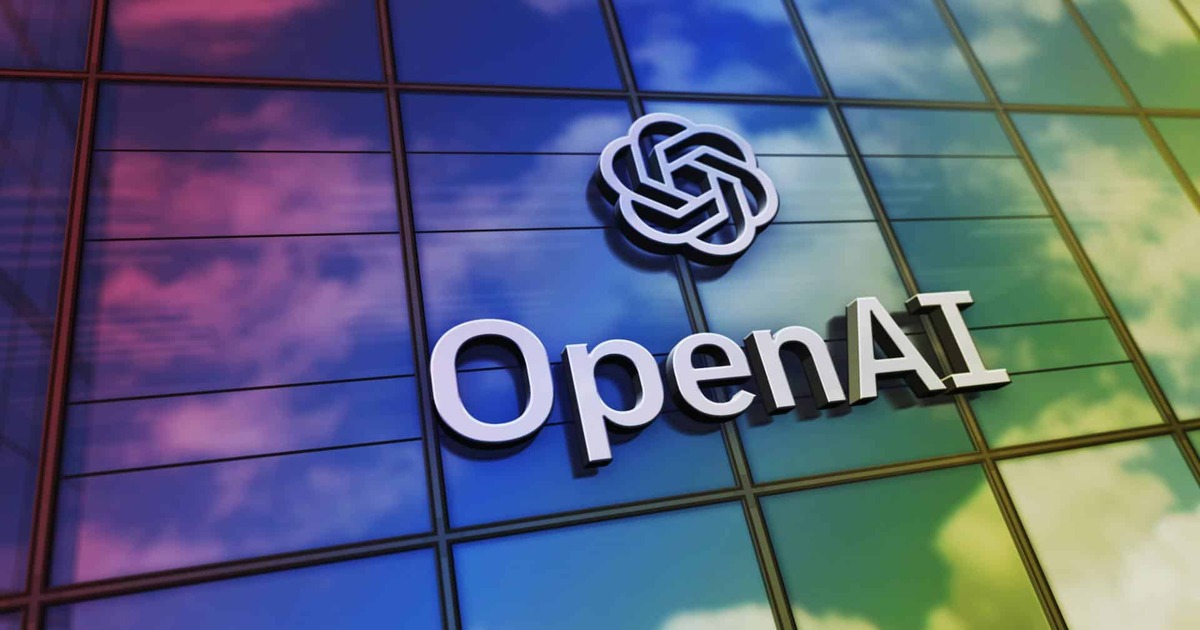Strawberry builds upon OpenAI’s Q* project, which was announced in November and was characterized by some as a technical breakthrough that facilitated the creation of “far more powerful” AI models
ChatGPT creator: According to reports, OpenAI is developing a novel AI model known as “Strawberry” to enable its AI tools to achieve human-level intelligence through advanced reasoning.
According to a July 12 report by Reuters, Strawberry would be capable of autonomously and consistently conducting what OpenAI refers to as “deep research,” enabling it to address more intricate real-world issues on a large scale.
After consulting with an OpenAI spokesperson, Reuters reported that this could encompass a variety of endeavors, including developing novel software applications and publishing significant scientific discoveries.
“We want our AI models to see and understand the world more like we do. Continuous research into new AI capabilities is a common practice in the industry, with a shared belief that these systems will improve in reasoning over time.”
Strawberry aims to accomplish this by conducting a comprehensive “post-training” analysis of OpenAI’s current AI models to develop more human-like responses.

In January 2024, OpenAI’s CEO, Sam Altman, stated that the most significant areas of advancement in AI will be in the realm of reasoning.
According to Reuters, Strawberry is still a work in progress, and the extent to which it is imminently accessible to the public is uncertain.
“Even within OpenAI, the operation of Strawberry is closely guarded,” Reuters stated in its interview with the OpenAI spokesperson.
Strawberry builds upon OpenAI’s Q* project, announced in November and characterized by numerous industry experts as a technical breakthrough that facilitated the creation of “far more powerful artificial intelligence models.”
Microsoft and Apple, two of the most prominent technology companies in the world, reportedly resigned from their positions on the board of OpenAI earlier this month in response to the growing regulatory scrutiny.
Los Alamos National Laboratory, which constructed the world’s first nuclear weapon, has collaborated with Altman’s firm to investigate the application of AI in bioscience research.



